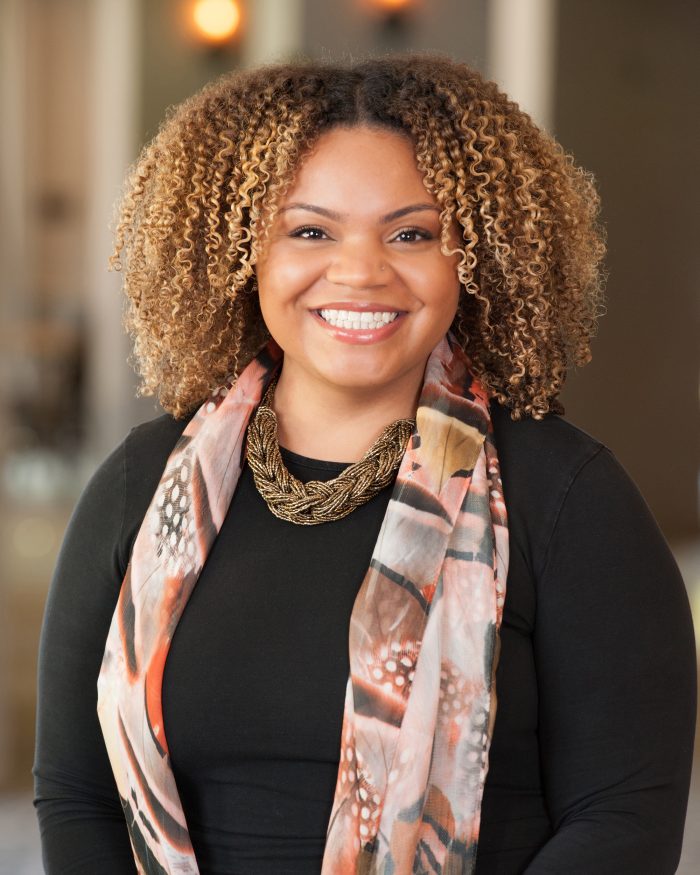ACLS Community Message for August 2023

Every other month, new developments to ChatGPT and other AI platforms ripple throughout the academy. These announcements prompt questions not only about the future of higher education, but about the future of the humanities in particular. How will these new digital tools change the ways students write their papers? Or the ways that scholars have traditionally done their research? Will humans’ capacity for critical thinking, close reading, context setting, and empathetic reasoning–bedrocks of humanistic inquiry–still hold value amidst these burgeoning technologies?
At ACLS, we recognize that the future of the humanities and interpretive social sciences has long been digital. Indeed, throughout the history of ACLS digital humanities programs, including Digital Innovation Fellowships (2006-2015), Digital Extension Grants (2015-2021), and Digital Justice Grants (2021-present), scholars have married humanistic fields with technology, offering innovative ways of conceiving, designing, and using digital tools. But doing this work in service of a more just world, one wherein the humanities are not subsumed within a dystopic technocratic future, requires us to grapple with history. Long-standing inequities related to race, gender, class, ability, and sexuality continue to shape higher education’s “digital divides.” Any aspirations towards a “digital justice,” therefore, require investment in placing digital tools and technologies in the hands of communities that have historically been alienated from them.
Our Digital Justice Grant Program is oriented towards that goal. Through the program, project teams can apply for funding that supports either start-up or established digital humanities projects that center and engage with marginalized groups. Projects funded through the program have often engaged members of those communities as co-creators of knowledge, partnering with them around digital tools that analyze and intervene in racial capitalism, colonialism, and heteronormativity, among others. In that way, they offer promising examples of the kinds of insights and practices that justice-oriented humanists can bring to bear on the digital.
Long-standing inequities related to race, gender, class, ability, and sexuality continue to shape higher education’s “digital divides.” Any aspirations towards a “digital justice,” therefore, require investment in placing digital tools and technologies in the hands of communities that have historically been alienated from them.
Supporting these efforts over the long durée is critical to a future that does not pit the humanities and technology as adversaries. Since winter 2021, our Commission on Fostering and Sustaining Diverse Digital Scholarship has convened to analyze the current challenges in providing equitable access to the creation and sustainability of digital resources and projects related to social and racial justice. Within an ecosystem where work is distributed, initiatives are independent, entrepreneurial, and often community generated, and where projects may be short lived, the Commission will offer recommendations for building resilient infrastructures (financial, technological, institutional, etc.) that support scholarship, research, cultural memory, accessibility, archiving, and preservation. Most importantly, the recommendations will also discuss how the design and function of those infrastructures need to grapple with historical legacies that have marginalized some fields of study both within and outside of the digital realm.
While the Digital Justice Grant Program provides access to digital resources, the Commission seeks to understand what networks, relationships, programs, and infrastructures throughout higher education might bolster the ecosystem that both start-up and long-standing digital projects inhabit. What do we need structurally that would move us beyond mere access to digital tools? How can we encourage a restorative and sustainable experimentation with technology that opens avenues for more transformative relationships to the past, present, and future?
As the opening of the next Digital Justice Grant competitions steadily approach (ACLS will start accepting applications on September 15), the Commission’s emphasis on investing in infrastructure to sustain digital work is a top priority for the program. In that way, the competition’s added dimension of “capacity building” will prompt applicants to articulate what such activities might look like within the specificity of their institutions, whether they be large research universities or small community colleges.
New developments around AI and other digital tools will continue to surface over the coming months and years. As we head into another academic year, waiting to see how these innovations play out on campuses across the nation, we can also find resolve in the intentionality that humanistic fields offer us. In doing what humanists do best–naming how systems of power and privilege move through our world–we are well poised to face, embrace, and empower ourselves with technology.
Keyanah Nurse
ACLS Program Officer for Higher Education Initiatives
Keyanah Nurse is Program Officer for High Education Initiatives. She contributes to a variety of ongoing efforts at ACLS to intentionally design programs and initiatives for an equitable academy, including leading the Digital Justice Grant Program and co-leading the Intention Foundry.
Register for upcoming information sessions and webinars, view examples of application components, sign up for competition updates, and more.

